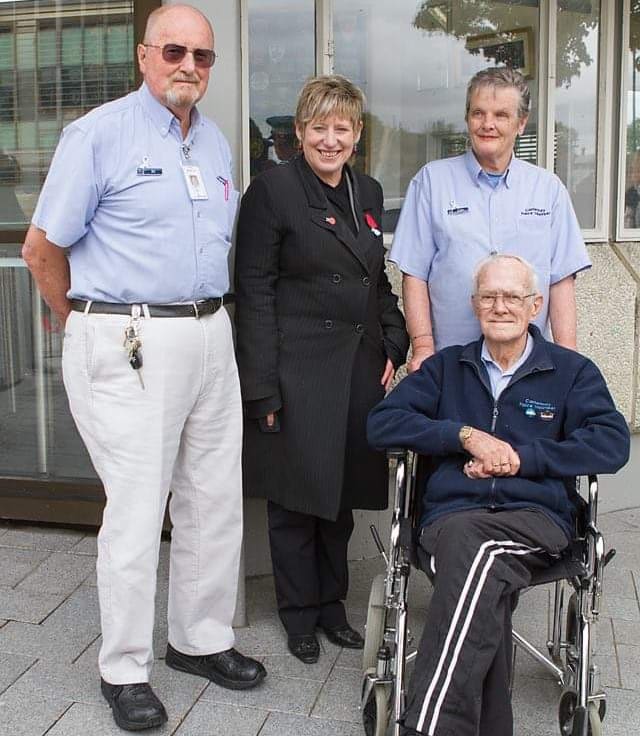In her first Newsroom column, former Christchurch mayor Lianne Dalziel warns that political polarisation is undermining our ability to seek win-win solutions for those in our communities who most need help
Opinion: The past few weeks since I stood down as mayor have become what someone told me would be a gift of time, and for that I am enormously grateful. I have been able to reflect and to think more broadly on a range of issues.
That being said, the effects of the pressure cooker lifestyle that accompanies public office have been hard to shake off.
Sorting through papers, newspaper clippings, photographs and speeches have all brought back memories.
People have also been in touch recently to remind me of and thank me for help I have offered them as an MP and minister.
In my Parliamentary valedictory I acknowledged all those people who had entrusted me with their stories over the years.
They are what I have missed the most from those days.
There is nothing like helping someone champion a cause that means something to them.
I told the story of Max Sword, whose son, Rob, had died several years before he came to see me. Max wanted to have his son’s death recorded on our births, deaths and marriages register, however he had died in Australia.
As he said, his son’s birth was recorded here, as was his marriage, but not his death. Because he had died overseas, there was no mechanism to put the record straight here.
For Max, this was about closure.
I made an appointment to see the then minister of justice, Sir Doug Graham. I explained the issue to him, and he said he would have his officials look into it. The Births, Deaths and Marriages Registration Bill was languishing on the Order Paper at the time, so there was a vehicle just sitting there.
I remember the key concern was the cost. I said the department could simply charge a fee. However, it seemed that the officials were still reluctant. So, I wrote to every Member of Parliament and told them Max’s story and asked for their support.

When it came to the debate, the minister’s attitude changed, and he said he was prepared to address the issue. When we adjourned for the week, he set Parliamentary Counsel to work on a detailed amendment, which was tabled and carried the next sitting day.
I have always been grateful to him for his intervention.
Mine wasn’t the only opposition-initiated amendment on that occasion, and several speakers in the debate commented on the significance of working together across the House to achieve consensus on matters like this.
I was absolutely thrilled when the local paper published a picture of Max with a death certificate for his son in his hand.
Bringing closure
Fortunately, I was able to meet Max one more time before he passed away, and that was shortly after I became mayor. He had been the coordinator of the volunteers at the police kiosk in Cathedral Square for more than 25 years, and we had asked him to cut the ribbon when it was reopened.
I seem to recall he sneaked out of hospital to do the honours.
What an incredible life of service, and what an honour and privilege to have played a small part in bringing him the closure he had been seeking.
So why am I telling this story?
In my valedictory as mayor, I reflected on the significance of the difference between council and government.
I once asked former prime minister John Key to imagine what it would be like if Cabinet papers were made publicly available a week before the Cabinet meeting, which would be live-streamed. This would allow ill-informed commentary on the decision they were going to make for a whole week leading up to the meeting, and then the one minister who disagreed would make headline news.
As I said, I am not for one minute challenging the transparency and accountability that councils operate under. They are vital elements of our system of representative democracy.
But the environment we are in today leans to polarisation rather than compromise or better still a win-win.
And Max’s story demonstrates the benefits of the latter approach.
The unwelcome arrival of trolls
It also shows how much has changed in a really short space of time.
This was 1995, and the internet was in its infancy here - remember dial-up? People still wrote letters to MPs and signed petitions. We all received our news from television, radio and newspapers. There were no social media platforms (Facebook was eight years away) and no online trolls calling out anything and everything 24/7. Even Parliament TV was still 12 years away.
People like Max went to Fair Go, which he did in 1994, to get support for such issues. That’s how he knew he wasn’t alone in wanting this change as people had phoned him (not emailed him or set up an online petition).
And as MPs, we learned how to negotiate with ministers, to hear the concerns they might have and to problem-solve with them to find workable solutions.
How might Max’s story have played out in today’s environment? I’m glad I don’t know the answer to that.
A solution was found by two parties working in good faith, in an environment where we could focus on the issue without the distractions that other elements of the legislation may have posed in the present-day environment.
The Sword Amendment, as I called it, was included in the same law change that enabled a birth certificate to be changed to reflect the gender identity of the person.
Would his story have been heard above the noise that would have been generated in the polarising environment that is the internet today?
I know both amendments made a big difference to those they affected.







